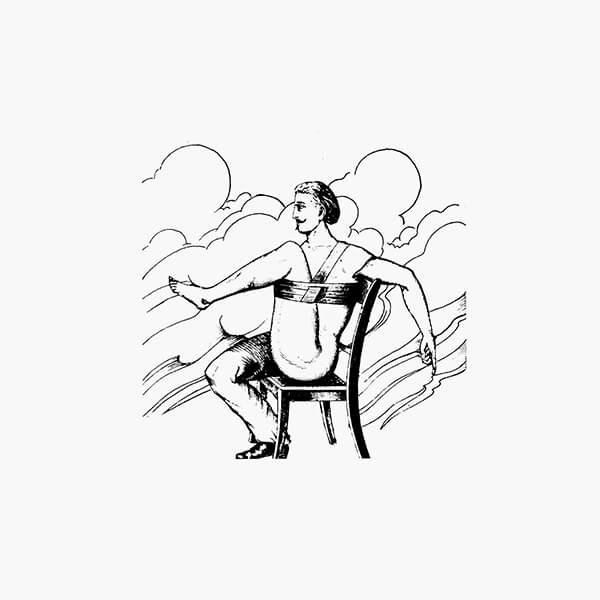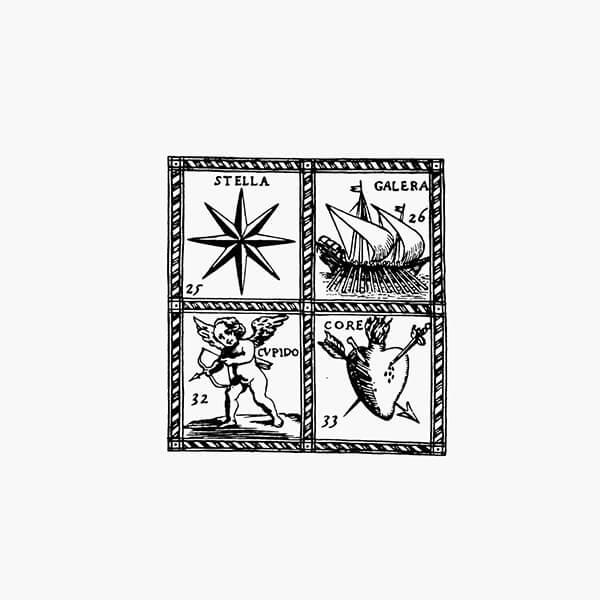



























Library of Babel
10360 La reticenza di Lady Anne
Saki. Edited and with an introduction by Jorge Luis Borges
1980 I ed. .
Language: Italian
Saki’s England was that of the Victorian middle class, governed by the organisation of boredom and the endless repetition of specific habits. With an essentially English cutting humour, Saki satirically mocks this society.
Hector Hugh Munro was born in the East and in England he experienced the loneliness of a childhood far from his parents and, in his case, strictly supervised by two aunts. His literary pseudonym, Saki, derives from Ruba’iyyat (the word means cupbearer in Persian). He led a cosmopolitan life, but all his work is set in the England of his melancholic childhood. Saki lends a tone of banality to tales whose intimate narrative is bitter and cruel. This sensitivity, this lightness, this absence of emphasis may recall Wilde’s delightful comedies. Among the short stories in this anthology, Sredni Vashtar and The Interlopers are of note. The first, perhaps like any good tale, is ambiguous: one can assume that Sredni Vashtar is really a god and that the unfortunate child can sense it, but we could also assume that it was the child’s worship that made the ferret a deity; we could also believe that the animal’s strength comes from the child, who would actually be the god and without being aware of it. The Interlopers is a rather different story. It takes place in that forested and secretive Central Europe that is more a place of the imagination than it is of geography.